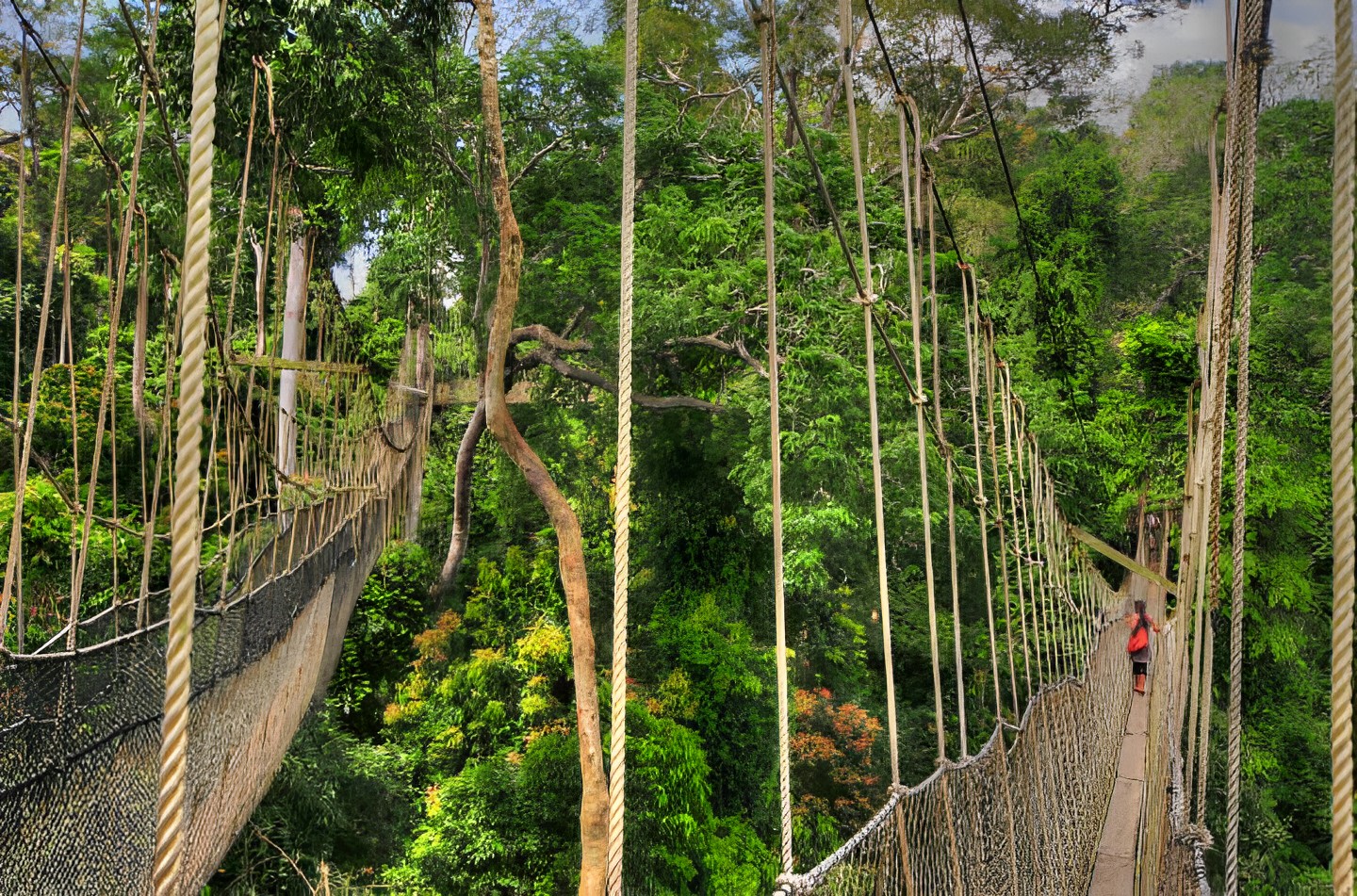
Eco-Tourism Impact on Sustainable Real Estate in Ghana
Eco-tourism, often described as responsible travel that preserves the environment and benefits local communities, is gaining momentum in Ghana. This form of tourism celebrates the nation’s stunning landscapes, diverse ecosystems, and vibrant cultural heritage. As the demand for sustainable travel experiences grows, so does the importance of sustainable and environmentally responsible real estate development in Ghana’s tourist destinations. This article delves into how eco-tourism initiatives, rooted in responsible exploration and conservation, are influencing the development of sustainable real estate projects in Ghana’s pristine natural settings.
The Rise of Eco-Tourism in Ghana
Ghana’s eco-tourism industry has been steadily gaining momentum in recent years, with travelers seeking authentic, nature-based experiences that align with the principles of eco-tourism. From the lush rainforests of Kakum National Park to the serene beaches of Ada Foah, Ghana’s natural beauty is becoming a magnet for eco-conscious tourists. This has catalyzed a paradigm shift in real estate development in these regions.
Integrating Sustainability into Real Estate
Sustainable real estate development goes beyond constructing eco-friendly buildings; it encompasses the preservation and enhancement of the natural environment. Here’s how eco-tourism initiatives are influencing sustainable real estate projects:
- Low-Impact Design: Developers are adopting low-impact architectural designs that harmonize with the local environment. This includes minimal land disturbance and preserving natural features.
- Renewable Energy Integration: Sustainable real estate projects often incorporate renewable energy sources such as solar panels and wind turbines to reduce reliance on fossil fuels and lower carbon emissions.
- Responsible Land Use: Developers are mindful of land use, avoiding ecologically sensitive areas and ensuring that developments blend seamlessly into the natural landscape.
- Preserving Cultural Heritage: Sustainable real estate projects in Ghana often incorporate elements of the local culture, showcasing traditional craftsmanship and promoting cultural tourism alongside eco-tourism.
Community Engagement and Benefits
Eco-tourism initiatives prioritize community engagement and socioeconomic benefits for local populations. Sustainable real estate development aligns with this ethos by:
- Creating Job Opportunities: Real estate projects generate employment opportunities for local residents, from construction workers to hospitality staff.
- Supporting Local Economies: Sustainable real estate developments often source materials locally, benefiting local suppliers and economies.
- Community Involvement: Some real estate projects actively involve local communities in decision-making processes, ensuring their voices are heard and respected.
Environmental Stewardship
Sustainable real estate projects in Ghana’s tourist destinations prioritize environmental stewardship:
- Biodiversity Conservation: Developers work with environmental experts to protect and enhance biodiversity within and around their projects, creating corridors for wildlife and preserving critical habitats.
- Waste Management: Sustainable developments implement robust waste management practices, recycling programs, and initiatives to reduce waste generation.
- Education and Awareness: Projects often engage in educational efforts to raise awareness among tourists and residents about the importance of environmental conservation.
Conclusion
Ghana’s eco-tourism industry is on a promising trajectory, attracting travelers seeking sustainable and immersive experiences. The synergy between eco-tourism initiatives and sustainable real estate development creates a win-win situation. It not only enriches the visitor experience but also contributes to the preservation of Ghana’s natural beauty, uplifts local communities, and fosters a sense of environmental responsibility.
As Ghana continues to embrace the opportunities of eco-tourism, sustainable real estate projects will play an increasingly vital role in ensuring that this newfound appreciation for the nation’s ecological treasures endures for generations to come. This harmonious partnership between eco-tourism and sustainable real estate reflects a promising future for Ghana’s tourism industry and its natural wonders.







Comments - 1
What Are Cool Roofs and Are They Worth It? - Blavior
[…] the long-term energy savings and environmental benefits make cool roofs a smart choice for a more sustainable […]